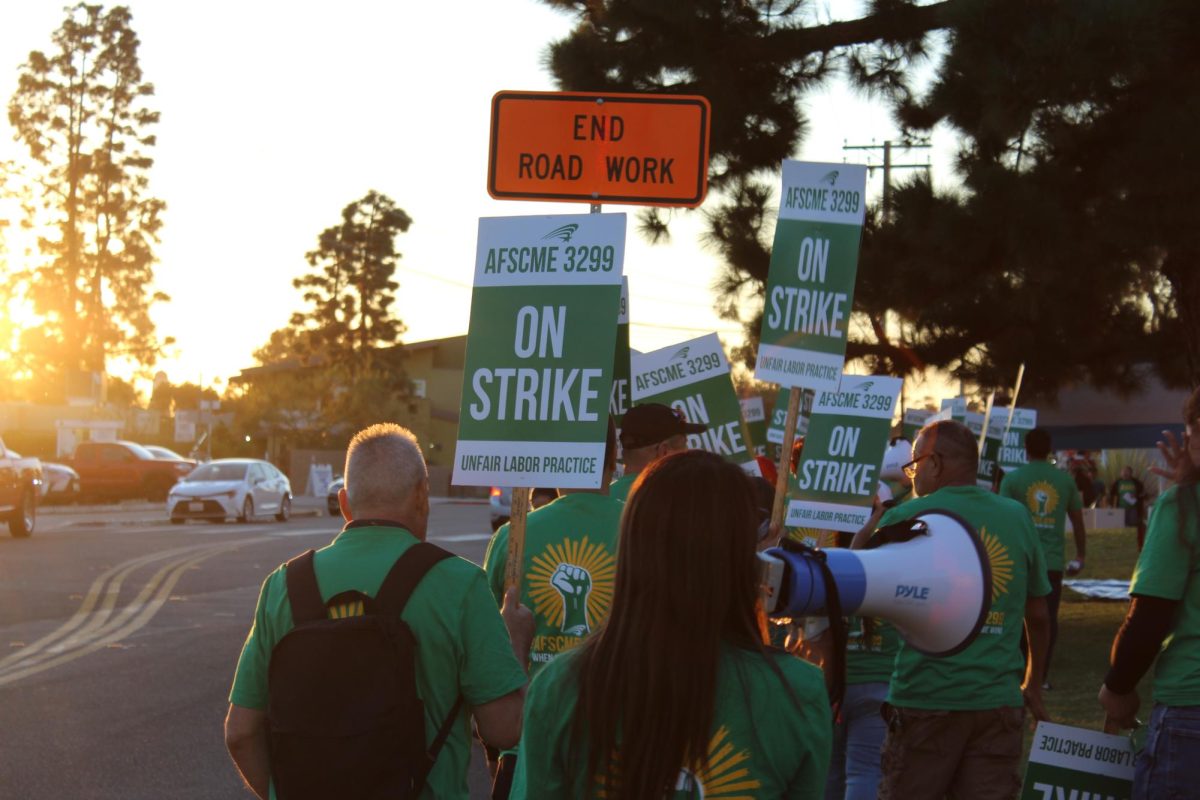International delegates and political leaders attended the conference to negotiate policy regarding the global impact of climate change. The convention aimed to create a worldwide emissions agreement that would serve as the successor to the 1998 Kyoto Protocol, which expires in 2012. However, that goal was not reached.
The Scripps delegation was sent to the meeting, held from Dec. 7 to Dec.18, by the UC Revelle Program on Climate Science and Policy. The scientists and students hoped to accurately represent the scientific background of global warming, create public awareness about scientific issues and show that researchers are concerned with the political aspects involved in their field.
The scientists participated in press conferences, panel discussions, presentations and side events, discussing topics from ocean acidification and black carbon to rising sea levels caused by greenhouse gas emissions.
At the event, the delegation set up an exhibit explaining how excess carbon dioxide causes the ocean to acidify, endangering the habitat of marine organisms. Professor of biological oceanography Victoria Fabry and professor of marine chemistry Andrew Dickson also spoke on this topic during a panel discussion.
Afterward, the team made its mark at the U.S. State Department Pavilion, where President Obama and his cabinet members were in attendance. Distinguished professor of climate and atmospheric sciences Veerabhadran Ramanathan presented his findings on the negative climate effects of black carbon, created by burning diesel and wood in wood-burning stoves. Ramanathan also highlighted the benefits of using cleaner, more efficient technologies and fuels.
Scripps director Tony Haymet and distinguished professor of geochemistry Ray Weiss spoke at a press conference and proposed a way to bridge the gap between actual and reported greenhouse gas emissions. Weiss suggested using independent emission verifications, in which reports do not vary by region or country but instead are globally standardized.
Approximately 40,000 people from 192 countries attended the event, representing governments, businesses, special-interest organizations and universities.
“To have students there who are scientists to be able to explain the science is very important,” Tamara Beitzel, a doctoral candidate for physical oceanography at Scripps, said. “We are the future leaders. [Political leaders] need to be able to interact with us and pass on their knowledge to us.”
Weiss stressed the importance of incorporating scientific finding into political and business operations.
“In some cases, it’s the environmentalists against the businesses, but in a lot of cases, that isn’t true,” Weiss said. “There are a lot of businesses who want to do the right thing, and they need information that they can trust. In that sense, it’s been a great success because the word is getting out.”
Readers can contact Regina Ip at [email protected].







